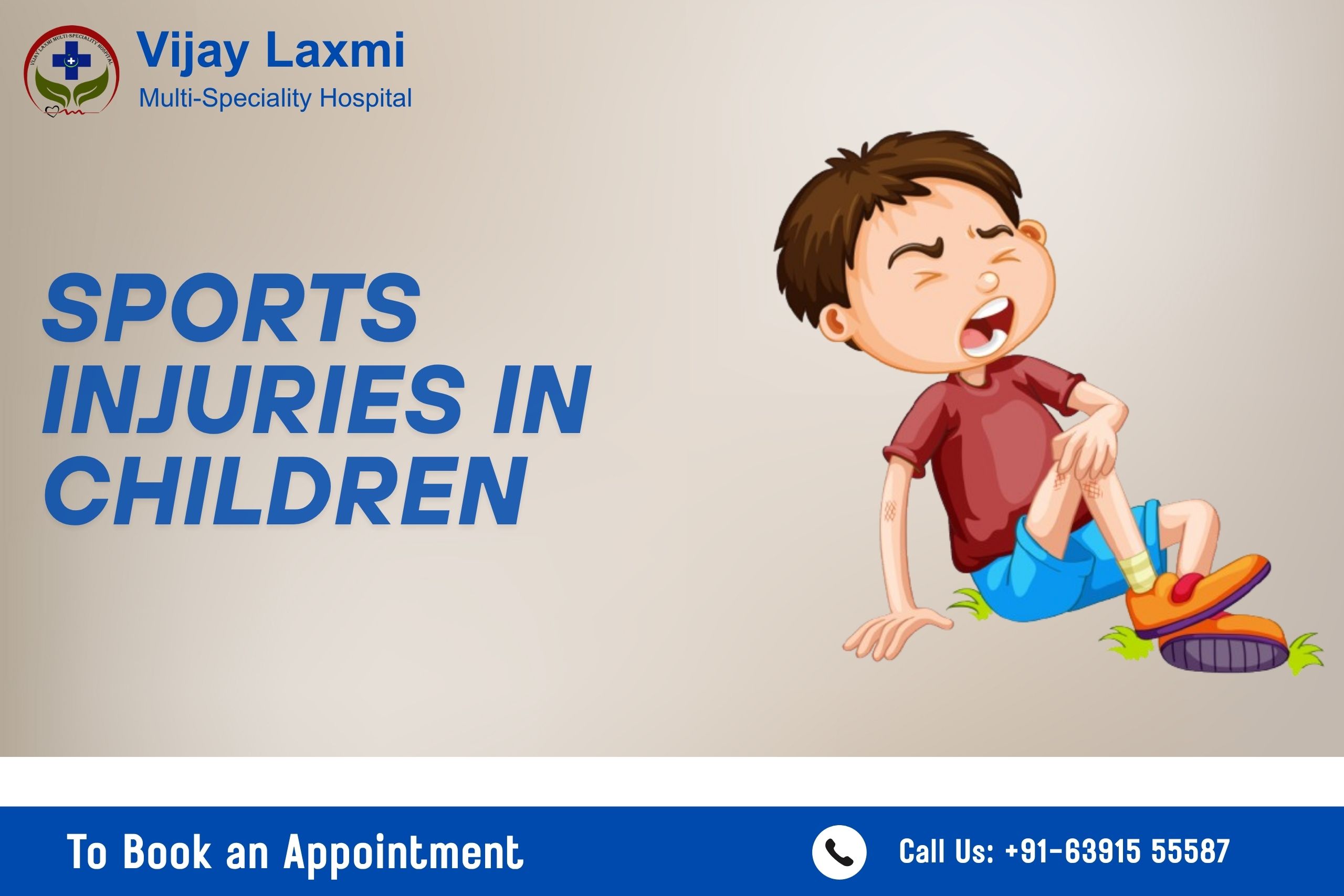
Hernia Symptoms & Causes: How to Identify the Warning Signs
Hernia is a common yet often overlooked medical condition that can significantly impact daily life. It occurs when an organ or tissue pushes through a weak spot in the surrounding muscle or connective tissue, leading to discomfort, pain, and potential complications if left untreated. Identifying the warning signs early is crucial to prevent worsening symptoms and avoid emergency medical situations.
In this article, we’ll explore the different types of hernias, their symptoms, and the factors that contribute to their development. Understanding these aspects can help individuals take proactive steps toward timely diagnosis and treatment.
What Is a Hernia?
A hernia develops when internal organs or tissues protrude through a weakened area in the muscle or fascia. It can occur in various parts of the body, but most commonly in the abdomen or groin. While some hernias may remain harmless for years, others can lead to severe pain and complications, requiring medical intervention.
Common Symptoms of Hernia:
Recognizing the signs of a hernia is essential for early intervention. The symptoms may vary depending on the type, but some general indicators include:
- Visible Bulge – A noticeable lump in the affected area, which may become more prominent when standing, coughing, or straining.
- Pain or Discomfort – Mild to severe pain, especially during physical activity or prolonged standing.
- A Feeling of Heaviness or Pressure – Some individuals experience a dragging sensation in the abdomen or groin.
- Burning or Aching Sensation – Localized pain that may worsen over time.
- Digestive Issues – Hiatal hernias can cause acid reflux, difficulty swallowing, and heartburn.
These symptoms may be mild initially but tend to worsen if the hernia enlarges or becomes strangulated—a condition requiring immediate medical attention.
Common Types of Hernias:
1. Inguinal Hernia (Groin Hernia)
This type occurs when part of the intestine or fatty tissue pushes through the lower abdominal wall into the groin.
Symptoms include:
- A visible bulge in the groin
- Pain or discomfort, especially when bending or lifting
- A sensation of heaviness in the lower abdomen
- Swelling or pain in the testicles (in some cases)
2. Umbilical Hernia (Belly Button Hernia)
Occurs when part of the intestine pushes through the abdominal wall near the navel.
Symptoms include:
- A soft bulge near the belly button
- Swelling or discomfort in the navel area
- Pain when coughing, laughing, or straining
- In infants, the bulge becomes more prominent when crying
3. Hiatal Hernia (Diaphragm Hernia)
Develops when the stomach pushes through the diaphragm into the chest cavity.
Symptoms include:
- Acid reflux or heartburn
- Difficulty swallowing
- Chest pain or discomfort
- Frequent belching or bloating
- Shortness of breath in severe cases
4. Femoral Hernia
Occurs when tissue pushes through the femoral canal in the upper thigh. More common in women.
Symptoms include:
- A bulge in the upper thigh near the groin
- Pain when walking or standing
- Discomfort that worsens with physical activity
- Risk of strangulation if left untreated
5. Incisional Hernia
Happens at the site of a previous surgical incision where the muscle has weakened.
Symptoms include:
-
- A bulge near the surgical scar
- Pain or tenderness around the scar
- Swelling that worsens with movement
- Possible nausea or vomiting if complications arise
Hernia Symptoms in Men:
Men are more prone to inguinal hernias, which account for nearly 90% of all hernia cases. Common symptoms include:
- A noticeable bulge in the groin or lower abdomen
- Pain or discomfort, especially when lifting, coughing, or straining
- A feeling of heaviness or weakness in the groin
- Burning or aching sensation around the bulge
- In severe cases, nausea and vomiting (if the hernia becomes strangulated)
Hernia Symptoms in Women:
Women may experience different symptoms, especially since hernias are often misdiagnosed as gynecological issues. Common symptoms include:
- A small but painful bulge, often less noticeable than in men
- Chronic pelvic pain or discomfort
- Pressure or aching in the lower abdomen
- Pain during physical activity or prolonged standing
- Digestive issues such as bloating and acid reflux (especially in hiatal hernias)
Hernia Symptoms in Children:
Hernias in children, particularly umbilical and inguinal hernias, may present with different signs:
- A bulge in the belly button or groin, especially noticeable when crying or straining
- Fussiness or irritability due to discomfort
- Vomiting (in cases of strangulated hernia)
- Swelling that becomes more prominent when the child is active
- Redness or tenderness around the bulge, requiring immediate medical attention
Causes & Risk Factors of Hernias:
Several factors contribute to the development of hernias, most of which involve increased pressure on the abdominal wall. The common causes and risk factors include:
1. Straining Due to Heavy Lifting:
Lifting heavy objects without proper technique can strain the abdominal muscles, leading to weakness and the formation of a hernia.
2. Chronic Coughing or Sneezing:
Persistent coughing (often due to smoking or respiratory conditions) and frequent sneezing can exert pressure on the abdomen, making hernias more likely.
3. Obesity and Poor Core Strength:
Excess body weight increases pressure on the abdominal wall, weakening muscles and making individuals more susceptible to hernias.
4. Pregnancy and Abdominal Pressure:
Pregnancy places significant strain on the abdominal muscles, sometimes leading to an umbilical or inguinal hernia.
5. Previous Surgeries and Genetic Factors:
Surgical incisions can leave weakened areas, increasing the risk of an incisional hernia. Additionally, some people may have a genetic predisposition to weakened connective tissues.
When to See a Doctor: Identifying Serious Warning Signs?
While some hernias may not require immediate treatment, it’s essential to recognize symptoms that indicate a medical emergency:
- Severe Pain and Tenderness – Persistent or worsening pain in the affected area.
- Bulge That Becomes Enlarged or Discolored – A growing lump that turns red, purple, or dark-colored.
- Nausea, Vomiting, and Fever – Symptoms suggesting a strangulated hernia, which can cut off blood supply to the trapped tissue.
- Difficulty Pushing the Hernia Back In – If a hernia cannot be reduced manually, it may indicate complications.
If you experience any of these signs, seek medical attention immediately to prevent life-threatening complications.
Frequently Asked Questions (FAQs):
1. Can a Hernia Heal on Its Own?
No, a hernia does not go away on its own. While some small hernias may not cause immediate issues, they can grow over time and require medical treatment.
2. What Happens If a Hernia Is Left Untreated?
An untreated hernia can enlarge, causing pain, discomfort, and in severe cases, lead to strangulation, where the blood supply to the herniated tissue is cut off. This is a medical emergency requiring urgent surgery.
3. How Is a Hernia Diagnosed?
Doctors typically diagnose hernias through a physical examination. In some cases, imaging tests like an ultrasound, CT scan, or MRI may be required to assess the severity.
4. Are There Non-Surgical Treatment Options for Hernias?
For small and asymptomatic hernias, lifestyle changes like weight management and avoiding heavy lifting can help manage symptoms. However, surgery is the only permanent solution for a hernia.
5. How Can I Prevent a Hernia?
- Maintain a healthy weight
- Avoid heavy lifting or use proper lifting techniques
- Strengthen core muscles with regular exercise
- Treat chronic coughing or constipation promptly
By adopting these lifestyle habits, you can lower your risk of developing a hernia and maintain better overall health.
Early recognition of hernia symptoms and risk factors is crucial for timely treatment and the prevention of serious complications. Whether it’s mild discomfort or a noticeable lump, consulting a healthcare professional can help determine the best course of action.
Conclusion:
If you suspect you have a hernia, don’t wait—schedule a medical evaluation to explore your treatment options. Vijay Laxmi Multi-Speciality Hospital in Jaunpur offers advanced diagnostic facilities and expert surgical care for hernia treatment. Our experienced team ensures personalized care and effective solutions for faster recovery. Visit us today for a consultation and take the first step towards better health!











